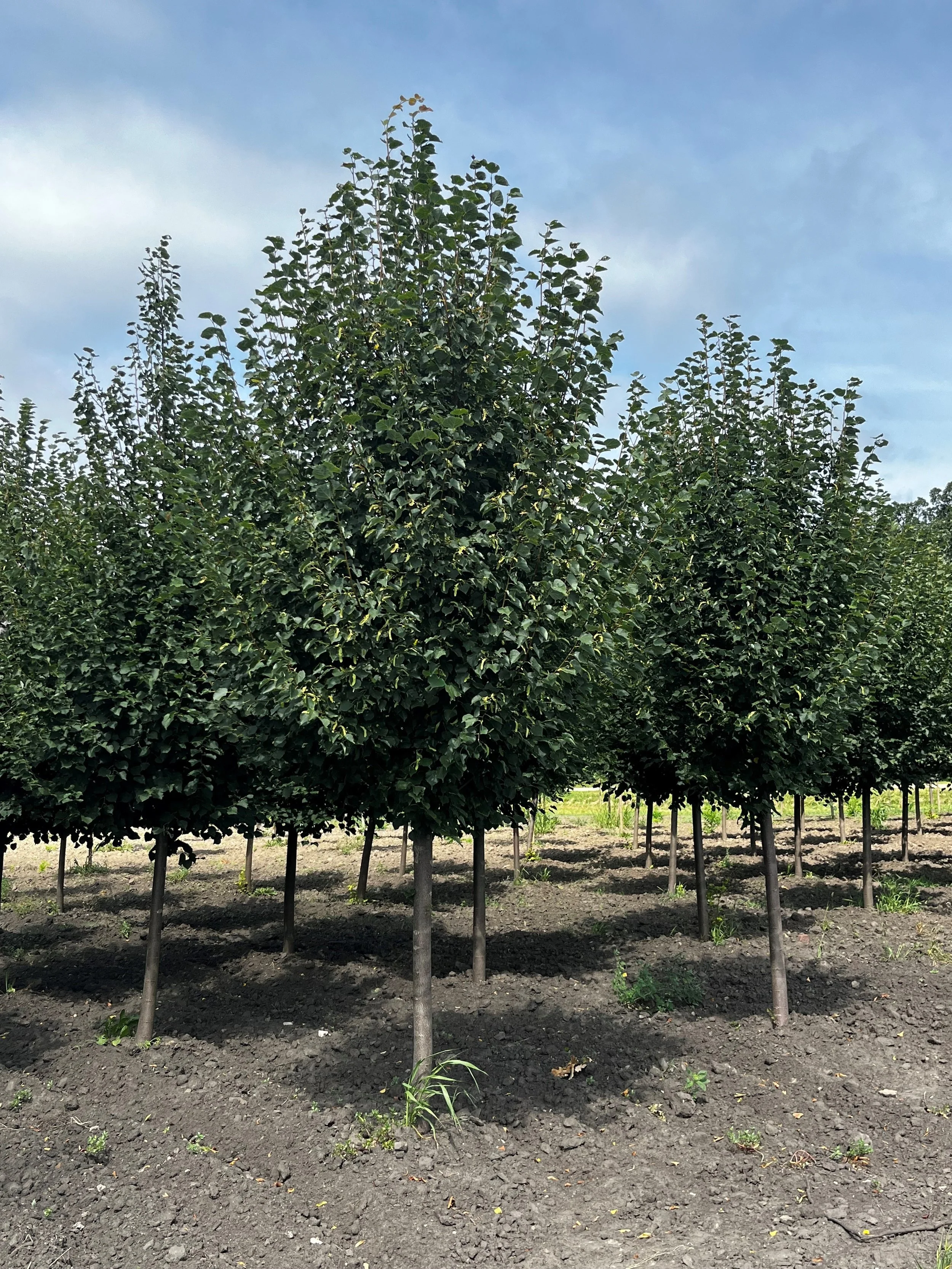Late Payment Problems
Navigating Late Payments: A Guide for Landscape Contractors
As a landscape contractor, timely payments from clients are crucial to maintaining a healthy cash flow and running a successful business. Unfortunately, dealing with clients who pay late can be a recurring challenge. Late payments can disrupt your operations, strain your finances, and hinder your ability to deliver exceptional service. In this blog post, we will provide valuable insights and practical strategies for landscape contractors to navigate the issue of late payments from clients effectively.
Clear and Detailed Contracts: Start on the right foot by establishing clear and detailed contracts with your clients. Outline payment terms, including due dates, late payment fees, and consequences for non-payment. Ensure that your clients understand and agree to these terms before commencing any work. A well-defined contract acts as a safeguard and sets expectations, reducing the likelihood of payment delays.
Prompt Invoicing: Implement a system for prompt and consistent invoicing. Send invoices promptly after completing the agreed-upon work or as specified in your contract. Include clear payment instructions, breakdowns of services rendered, and any outstanding balances. Prompt invoicing reinforces the expectation of timely payment and helps keep your accounts receivable organized.
Professional Communication: Maintain open and professional lines of communication with your clients regarding payment matters. If a payment becomes overdue, send polite reminders or follow-up emails promptly. Clearly communicate the consequences of late payments, such as late fees or suspension of services. Diplomatic yet assertive communication can encourage clients to prioritize payment and demonstrate your commitment to maintaining a professional relationship.
Establish Late Payment Policies: Establish well-defined late payment policies and clearly communicate them to your clients. Specify late fees or interest charges for overdue payments and include this information in your contracts and invoices. By setting these policies upfront, clients are more likely to understand the implications of late payment and be motivated to pay on time.
Offer Convenient Payment Options: Make it easy for your clients to pay by offering a variety of convenient payment options. Accept multiple forms of payment, including credit cards, online payments, and bank transfers. Providing flexible payment methods increases the likelihood of prompt payment and accommodates different client preferences.
Follow Up Persistently: If a payment remains outstanding despite your initial reminders, be persistent in your follow-up. Regularly reach out to the client through various channels, such as phone calls, emails, and formal letters. Express your concern for their satisfaction while emphasizing the importance of timely payment for maintaining quality service. Persistence can demonstrate your commitment to resolving the issue and may encourage clients to address the outstanding payment promptly.
Consider Legal Options as a Last Resort: If all attempts to collect payment fail, you may need to consider legal recourse as a last resort. Consult with a lawyer to understand the legal options available to you, such as sending formal demand letters or pursuing small claims court. Legal action should be pursued carefully, as it can strain relationships and incur additional costs. However, in some cases, it may be necessary to protect your business's financial interests.
Late payments can create significant challenges for landscape contractors, but by implementing proactive strategies, you can reduce their impact. Being proactive and setting expectations from the outset, you can foster a culture of timely payments, maintain a healthy cash flow, and ensure the long-term success of your landscape contracting business.







